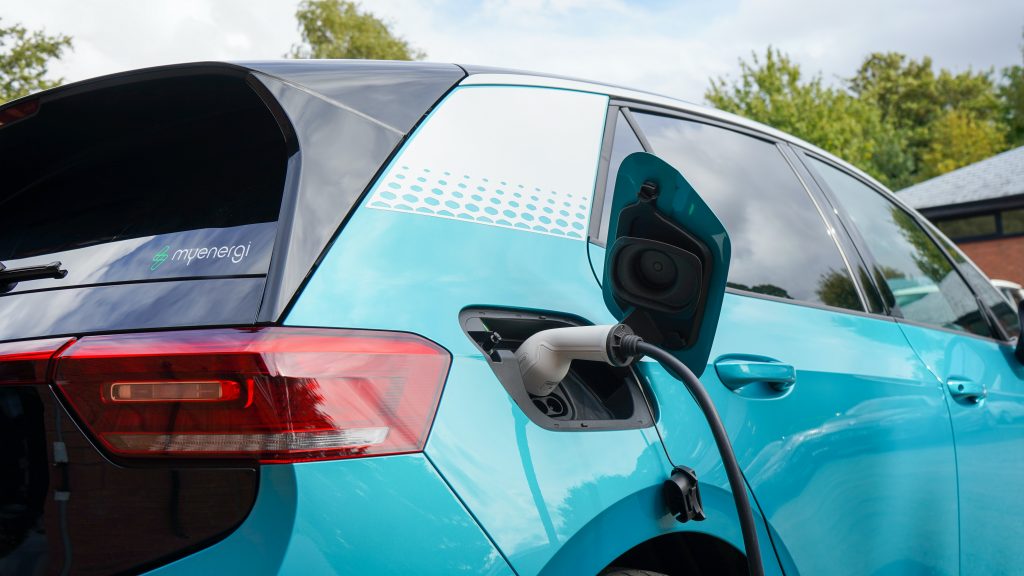According to a report by the American Council for an Energy-Efficient Economy (ACEEE), Massachusetts has climbed one spot to become the fourth-ranked state in terms of electric vehicle (EV) policies. The report, known as the Transportation Electrification Scorecard, highlights Massachusetts’ strong incentives for purchasing EVs and installing EV chargers.
This is the second year that ACEEE has released the scorecard, which assesses states based on their transportation electrification efforts. Massachusetts also received favorable scores for its robust transportation emissions reduction goals and its commitment to grid decarbonization. The latter is crucial in reducing emissions, as EVs currently rely on a grid that is predominantly powered by fossil fuels.
The report also praised Massachusetts for its utility programs that offer incentives to EV owners who charge their vehicles outside of peak electricity usage hours. However, the report emphasized the need for the state to enhance equity efforts in promoting EV adoption. Peter Huether, the lead author of the report, highlighted the importance of financial incentives for low-income drivers and addressing the specific needs of low-income communities, communities of color, and environmental justice communities in the state’s planning efforts.
California secured the top spot in the rankings, excelling in equity policies, followed by New York in second place and Colorado in third.
The authors of the report emphasized that all states need to significantly intensify their efforts to achieve a full transition to electric transportation. They stressed the need for transformative progress, as incremental advancements are insufficient to address the climate crisis. Transportation is the largest source of greenhouse gas emissions in the United States, accounting for approximately 30% of total emissions.
